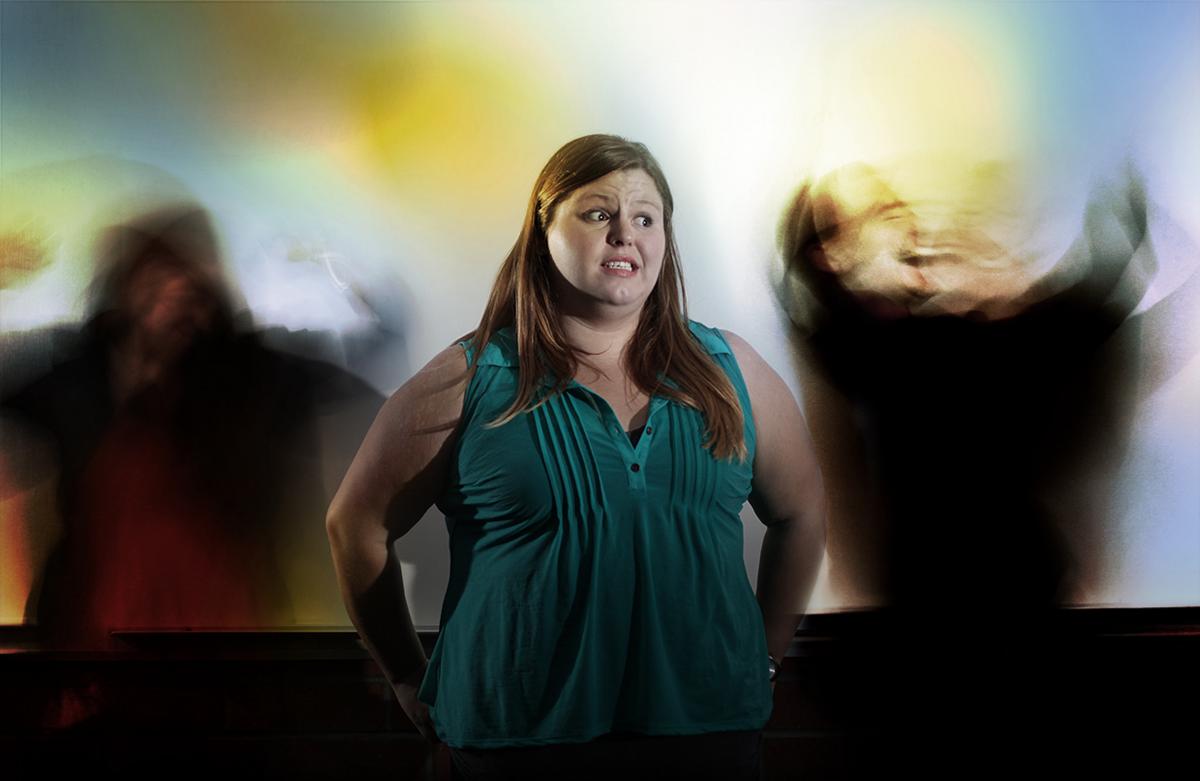“What kind of music do you like?”
This incredibly common question brings me so much anxiety in conversation. I never know how to answer this question. Do I lie and randomly choose a band? Do I tell the truth and inevitably launch into a period of questioning and explanation? Do I somehow avoid the question? All of these thoughts race through my mind when someone asks me this harmless question, unaware of the fact that I have such a difficult time answering it.
The reason that I, along with an estimated two to five percent of the world’s population, struggle to respond to this question is the recently discovered phenomenon called specific musical anhedonia. Merriam-Webster defines anhedonia as “a psychological condition characterized by inability to experience pleasure in normally pleasurable acts.” Anhedonia was officially defined in 1978, but scientists added music to the list of sexual, exercise, hobby based, activity based and social interaction based anhedonia in March of this year.
In an article published by NPR, Nancy Shute said, “Some people lack the ability to get pleasure from music, researchers say, even though they enjoy food, sex and other great joys in life.”
The article states that psychologists from the University of Barcelona discovered this fact while screening participants for a project using music to gauge emotional responses. Joseph Marco-Pallares, an associate psychologist from the university confirmed that the people that fell in the anhedonia group did not dislike the music.
“The other participants reported chills when listening to music,” said Marco-Pallares, “With our anhedonic group, they had no chills. They had no real response to music.”
NOT ALONE
As surprising as many find it, specific musical anhedonia affects people all over the world — even on Biola’s campus. Junior Susan Carmichael explains that she very seldom listens to music.
“I don’t have any CDs, I don’t have Spotify or Pandora,” Carmichael said, “Chapel and church may be my greatest exposure to music … We analyzed Hayden and how he kind of expresses things by music, and that impresses me because I’ve taken piano.”
The work that goes into music, from the dedication to the hours spent practicing, allows her to admire music because of the effort it takes to create it.
Students who share similar experiences with Carmichael agree that appreciation for music can come from knowing how much work goes into producing the final product. Taking music lessons gives them insight into the intricacies and details of music. However, as much as they strive to emotionally connect with music, they often find themselves choosing other pastimes such as reading to relax instead.
One of the prominent ways students at Biola find themselves affected by music anhedonia is with musical worship. They may feel more connected to God with prayer or through reading the Bible rather than worshipping God through music.
UNIMAGINABLE DISCONNECT
Even though specific musical anhedonia affects some people, the majority of people find music as a crucial part of their life. Senior music composition major Anna Kietzman falls in that category, explaining that she got saved through a song. She remembers that as the song played, it gave her time to reflect about the Holy Spirit.
“I remember making that decision at that point,” said Kietzman. “There were a lot of things prepping me before that obviously, but that was the ringer, the thing that brought me to the Lord.”
Kietzman finds music critical to influencing those around her, since it dramatically changed her life. Many people cannot imagine a life where music does not affect them emotionally. When Kietzman tried to imagine this, she agreed, explaining how integral music is in her life.
“I find enjoyment in a variety of things,” she said, “so I’m sure I’d find other forms of enjoyment, but I think there would just be something so big missing from my life … I honestly believe it’s my calling, to use music to move a generation that isn’t moved easily.”







